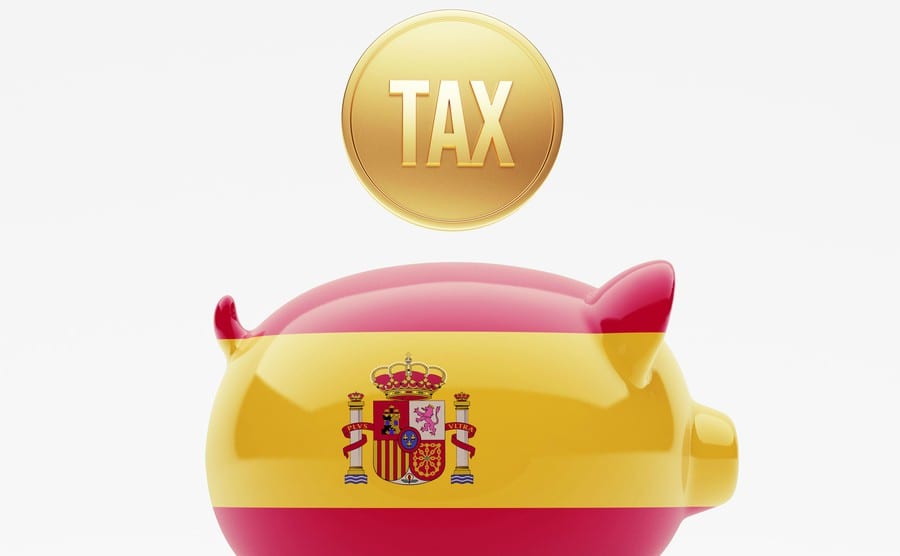CONGRATULATIONS, you have found a buyer for your Spanish property!
On selling property in Spain, you are liable for two taxes: plusvalia and capital gains tax (CGT, for short).
In this short article, we will focus on four strategies to mitigate a seller’s exposure to CGT; which range from completely negating it, to reducing it significantly. The first three strategies apply only to Spanish tax residents; the last one applies to both residents and non-residents alike.
Four strategies to mitigate a seller’s CGT liability
1. Absolute relief
All tax residents over 65-years-old are exempt from paying CGT on selling their main abode (vivienda habitual, in Spanish legal jargon).
2. Rollover relief

Any resident seller under 65-years-old is exempt from paying CGT on selling their main home providing the following conditions are met:
· Seller is under sixty-five year-old.
· Seller is (tax) resident in Spain.
· Dwelling must be his main home (main abode and must have dwelled in it permanently for the three previous years). It may be less than three years under exceptional circumstances i.e. job change, marriage or separation.
· Sales proceeds reinvested in a new main home (in Spain or else in the EEA/EU, including the United Kingdom in a pre?Brexit world). Any sales proceeds not reinvested will be taxed apportioning them.
· two?year deadline to reinvest the sales proceeds (on a new main home).
3. Pension annuities
This third tax relief is in addition to the above two main home tax reliefs. Applies to residents.
Any capital gains made by resident taxpayers over 65-years-old will go untaxed provided the following are met:
· Sales proceeds reinvested in pension annuities.
· Capped at €240,000.
· Six-month deadline as from sale.
4. Traditional method
Your lawyer can offset from your CGT liability on selling, all expenses that went towards buying the property plus any refurbishment costs, provided you have VAT invoices to back them up. Applies to both residents and non-residents.
Lawyer’s fees (on buying).
Notary fees (on buying).
Land Registry fees (on buying).
Taxes (on buying).
All property-related improvements (not maintenance costs) i.e. glass curtains, refitted kitchen, roof retiling, wood flooring, A/C, house alarm etc.
Estate agent’s commission (on selling).
Lawyer’s fees (on selling).










